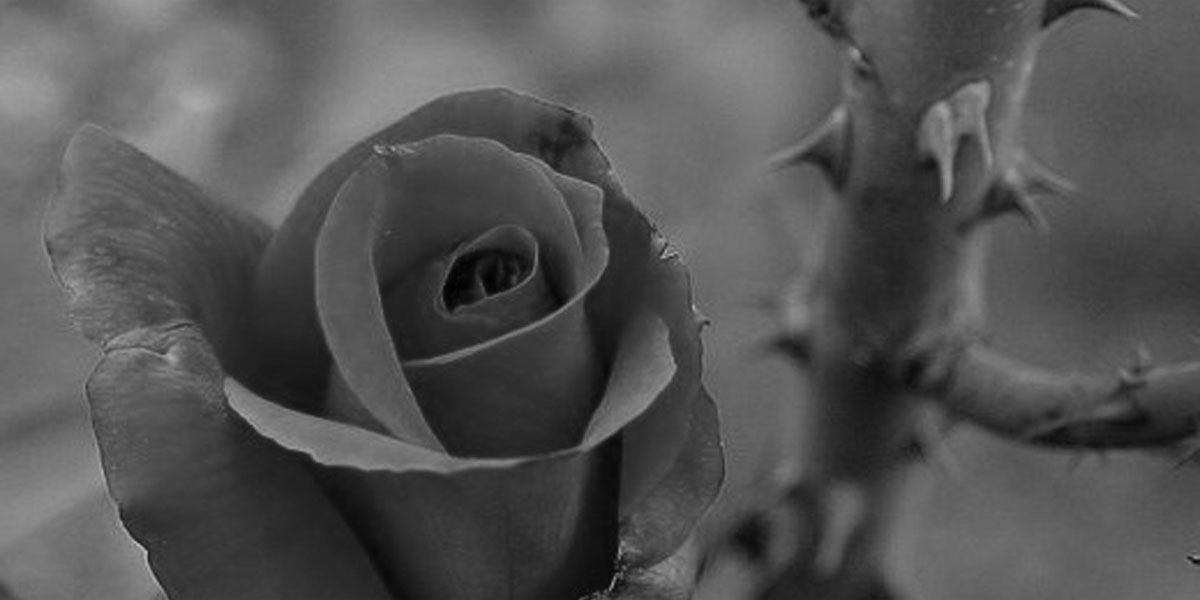The best of times, the worst of times…
Dianne Hayter, General Secretary of the Fabian Society between 1976 and 1982 was this week appointed as Labour’s House of Lords spokesperson on the Cabinet Office. Here, Baroness Hayter shares her recollections of a difficult time in the history of...
Dianne Hayter, General Secretary of the Fabian Society between 1976 and 1982 was this week appointed as Labour’s House of Lords spokesperson on the Cabinet Office. Here, Baroness Hayter shares her recollections of a difficult time in the history of the Society.
It was the best of times; it was the worst of times. Becoming General Secretary of the Fabian Society marked the beginning of a whole new life for me. Although I’d had two fabulous years as Assistant General Secretary to Tom Ponsonby – who taught me more about publishing, committees, events and people than anyone else I know – it was becoming General Secretary that enabled me to meet, and bring into our work, a wide range of academics, politicians, lawyers, journalists, civil servants and professionals. They contributed knowledge of their own fields with a deep understanding of policy development and implementation, using the Fabian seminars, workshops and publications to test out or promote their ideas for a better society.
Meanwhile, the 100 or so local societies provided a rich source of political debate and education at a time (mid 1970s) when many local Labour parties were tearing themselves apart with almost theological debates on policy differences and some fairly unpleasant personal attacks. The local Fabian meetings remained a haven of comradely debate, friendliness and openness to ideas which were vital to the maintenance of party membership.
Hearing the “greats” of those Fabian days (Shirley Williams, Tommy Balogh, Giles Radice, John Hatch, Robin Cook, Phillip Whitehead, Tony Benn and Denis Healey, alongside Professors Brian Abel-Smith, Peter Townsend, Maurice Peston and Colin Crouch) was a privilege as well as an education in the gentle art of politics. Through the International Bureau, we had meetings with leaders from across the world, including Kenneth Kaunda and Filipe Gonzalaz, whilst the Young Fabians introduced me to Robert Harris, Nick Butler, Chris Smith and other rising stars. Everything seemed great, with 2 pamphlets and Fabian News each month, home and overseas schools, fringe meetings at TUC (we were the first to hold them there) and tea meetings (for which Gladys Cremer sold tickets) at Labour Party conference.
But then 1981 happened, and the very worst of times. When the SDP split off, it took with it 4 members of the Fabian Executive (Vice Chair Shirley Williams, Treasurer John Roper plus John Cartwright MP and David Sainsbury). Not only that, but a number of our benefactors left – as did a majority of the DST trustees though, being honourable men, they resigned immediately which safeguarded its funds for their intended purpose. In addition, two (Labour Party) members of staff suddenly found they were married to men in different parties to themselves.
Whilst the Fabian rules only permitted people eligible to be (or actual) members of the Labour Party to serve on the Executive, this wasn’t so clear regarding membership of the society. We thus had to have a Ballot of the members – followed by an AGM – to amend the rules such that only those eligible for membership of the party could be Fabians (hence excluding those supporting candidates against Labour candidates). The very tense AGM that November, held in LSE and ably chaired by David Lipsey, must rank as one of the most disagreeable and difficult days of my professional or personal life – as so many of these new SDP members had, before that January, been personal friends. It was a long time before we socialised again.
